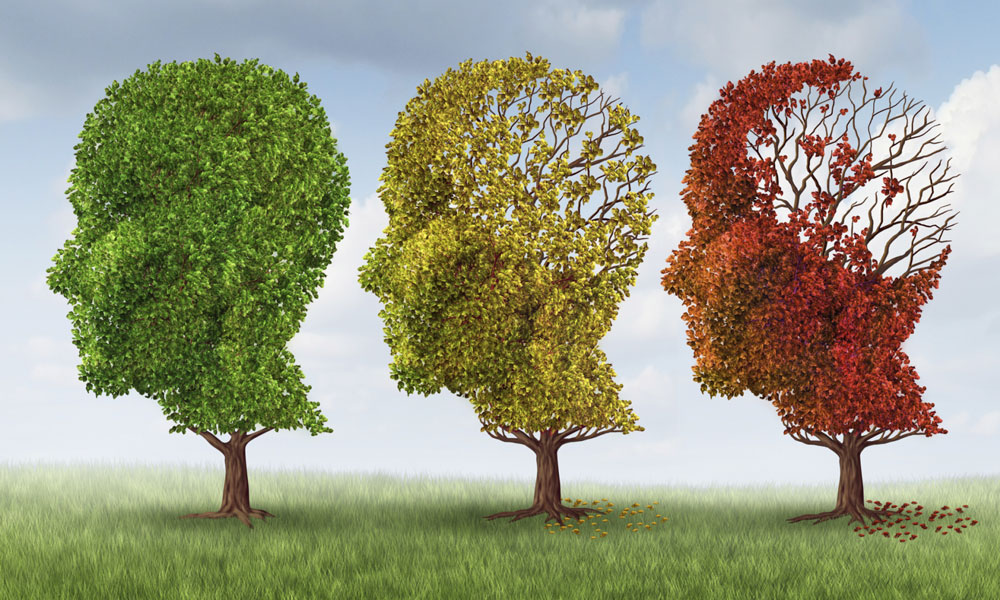
Doctors Don’t Deliver Alzheimer’s Diagnosis to Half of Their Patients, Report Says
An analysis of Medicare records and surveys found that doctors struggle to deliver an Alzheimer’s diagnosis to patients and their caregivers—less than half received the tough news. The Alzheimer’s Association hopes to change that and has the resources to help.
Patients visit doctors’ offices routinely for checkups and other reasons, and most expect that the physician will be upfront about any causes for concern regarding their health. Turns out that’s not always the case.
According to the 2015 Alzheimer’s Disease Facts and Figures report [PDF] released by the Alzheimer’s Association this week, 45 percent of people who suffer from the disease or their caregivers said they were given the diagnosis by their doctor. By contrast, 95 percent of patients with the four most common cancers (breast, colon, lung, and prostate) and 90 percent of patients with a non-stroke-related cardiovascular disease were given their diagnoses. In its analysis of Medicare records and responses to the Medicare Current Beneficiary Survey, the association also found that doctors were more likely to deliver the diagnosis to a caregiver rather than the patient.
“These disturbingly low disclosure rates in Alzheimer’s disease are reminiscent of rates seen for cancer in the 1950s and ’60s, when even mention of the word ‘cancer’ was taboo,” Beth Kallmyer, vice president of constituent services for the Alzheimer’s Association, said in a statement. “It is of utmost importance to respect people’s autonomy, empower them to make their own decisions, and acknowledge that people with Alzheimer’s have every right to expect truthful discussions with their physicians.”
Among the reasons cited for why patients are not told of their Alzheimer’s diagnosis were time constraints, difficulty in delivering the news, fear of causing emotional distress, and diagnostic uncertainty.
“Physicians feel uncomfortable with presenting a diagnosis they themselves cannot back up irrefutably,” Catherine Madison, Ph.D., a neurologist and director off the Ray Dolby Brain Health Center, told the San Francisco Chronicle. “Physicians are also uncomfortable with giving a diagnosis they feel has the potential for emotional damage to the patient and family, one for which they don’t have a definitive cure or treatment.”
Doctors do not have a legal obligation to tell patients their diagnosis, but the Alzheimer’s Association said there are benefits in delivering the news sooner rather than later.
“When a diagnosis is disclosed, [patients] can better understand the changes they are experiencing, maximize their quality of life, and often play an active role in planning for the future,” said Kallymer.
An early diagnosis also enables the patient to get the maximum benefit from available treatments and increases his or her opportunity to participate in a clinical drug trial to help advance research.
Along with the report, the Alzheimer’s Association highlighted its resources for patients, caregivers, and doctors, including a video on disclosing an Alzheimer’s diagnosis.
“Based on the principles of medical ethics, there is widespread agreement among healthcare professionals that people have the right to know and understand their diagnosis, including Alzheimer’s disease,” William Klunk, Ph.D., chair of the Alzheimer’s Association Medical and Scientific Advisory Council, said in the statement. “The findings from this report shine a light on the need for more education for medical students and practicing healthcare providers on how to effectively make and deliver an Alzheimer’s diagnosis.”
(iStock/Thinkstock)






Comments